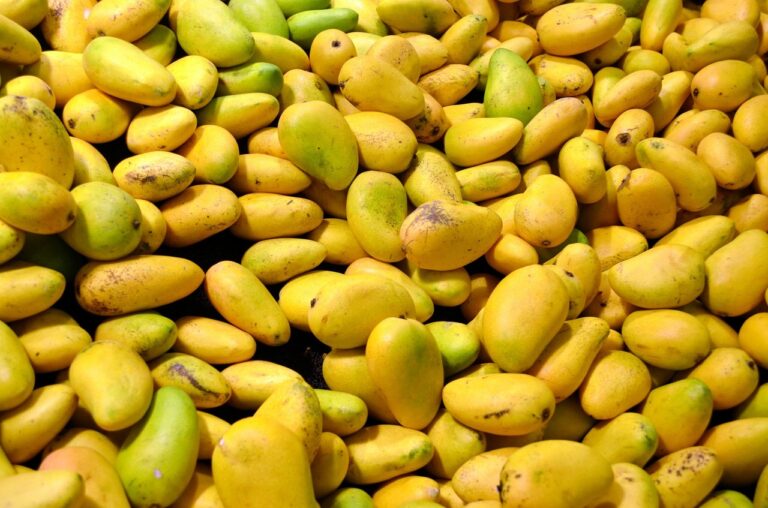The Surprising Health Benefits of Traditional South American Fermented Foods
Fermentation is a natural process that has been used for centuries to preserve food and enhance its nutritional value. It involves the breakdown of carbohydrates by bacteria and yeast, resulting in the production of compounds like organic acids and enzymes. These compounds play a vital role in maintaining a healthy gut microbiome, which is essential for overall digestive health.
A balanced gut microbiome is crucial for proper digestion and nutrient absorption, as well as for supporting a strong immune system. Fermented foods such as yogurt, kimchi, and kefir are rich in beneficial bacteria that can help promote the growth of good gut flora. By incorporating these probiotic-rich foods into your diet, you can support the diversity of your gut microbiome and improve your overall gut health.
Boosting Immune System
Focusing on building a robust immune system is crucial for maintaining overall health and well-being. Our immune system plays a vital role in protecting our bodies from harmful pathogens and diseases. By incorporating a balanced diet rich in fruits, vegetables, and whole grains, we can provide our immune system with the essential nutrients it needs to function optimally.
Regular physical activity is another key component in boosting our immune system. Exercise helps to improve circulation and promotes better immune function by increasing the production of white blood cells. Engaging in moderate-intensity activities such as walking, jogging, or cycling can have a positive impact on our body’s ability to fight off infections and illnesses. By making healthy food choices and staying active, we can strengthen our immune system and better protect ourselves from illness.
Improved Digestion
Fermentation in the gut plays a crucial role in enhancing digestion. When the gut microbiota ferment the fibers and other components of food, they produce short-chain fatty acids that help nourish the cells lining the gut. This nourishment supports a healthier gut environment and improves overall digestion efficiency.
Furthermore, a diverse array of gut bacteria is essential for optimal digestion. Different types of bacteria break down various components of our diet, ensuring that nutrients are properly absorbed and waste is efficiently eliminated. By promoting a balanced and diverse gut microbiome through a diet rich in fiber and fermented foods, individuals can experience relief from digestive issues and improve their overall gut health.
– Fermentation in the gut enhances digestion by producing short-chain fatty acids
– Short-chain fatty acids nourish the cells lining the gut, supporting a healthier gut environment
– A diverse array of gut bacteria is essential for optimal digestion
– Different types of bacteria break down various components of our diet for proper absorption
– Promoting a balanced and diverse gut microbiome through fiber-rich and fermented foods can improve digestive issues
What is fermentation and how does it relate to gut health?
Fermentation is a process in which bacteria or yeast break down sugars and starches into alcohol or acids. This process can help improve gut health by promoting the growth of beneficial bacteria in the digestive system.
How does boosting the immune system contribute to improved digestion?
A strong immune system can help the body fight off harmful bacteria and viruses that can disrupt the digestive system. By boosting the immune system, you can help ensure that your digestive system functions properly.
What are some ways to improve digestion?
Some ways to improve digestion include eating a healthy diet rich in fiber, staying hydrated, exercising regularly, and managing stress levels. Additionally, adding fermented foods to your diet can help promote the growth of healthy gut bacteria.
Can poor digestion lead to other health issues?
Yes, poor digestion can lead to a range of health issues, including bloating, gas, constipation, and nutrient deficiencies. It can also contribute to more serious conditions such as irritable bowel syndrome (IBS) and inflammatory bowel disease (IBD).
How long does it take to see improvements in digestion?
The timeline for seeing improvements in digestion can vary depending on the individual and the changes being made. Some people may notice improvements in as little as a few days, while others may take longer to see results. It’s important to be patient and consistent with any changes you make to your diet and lifestyle.







